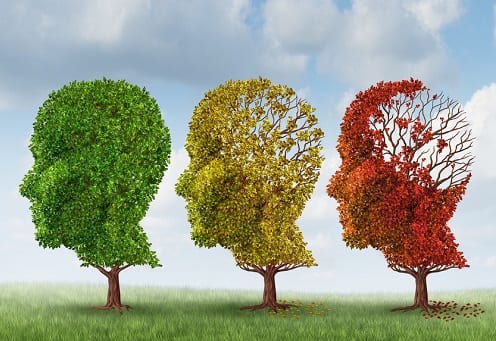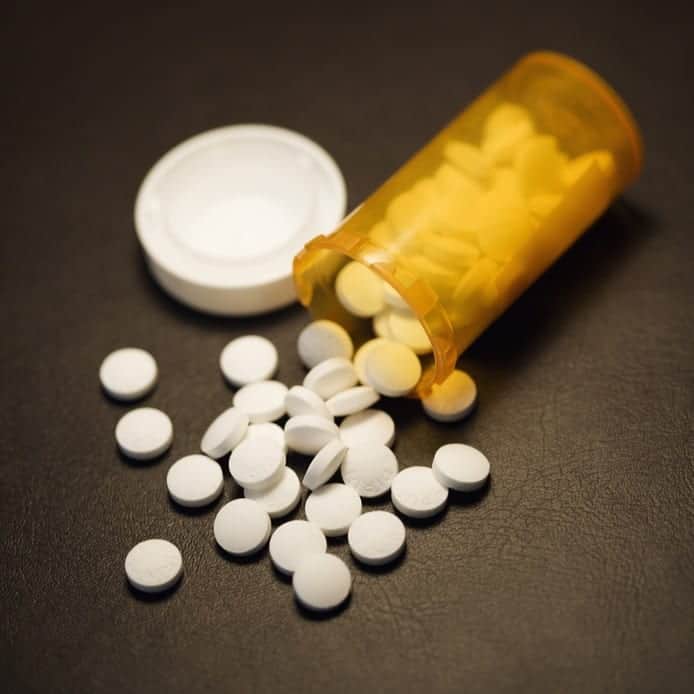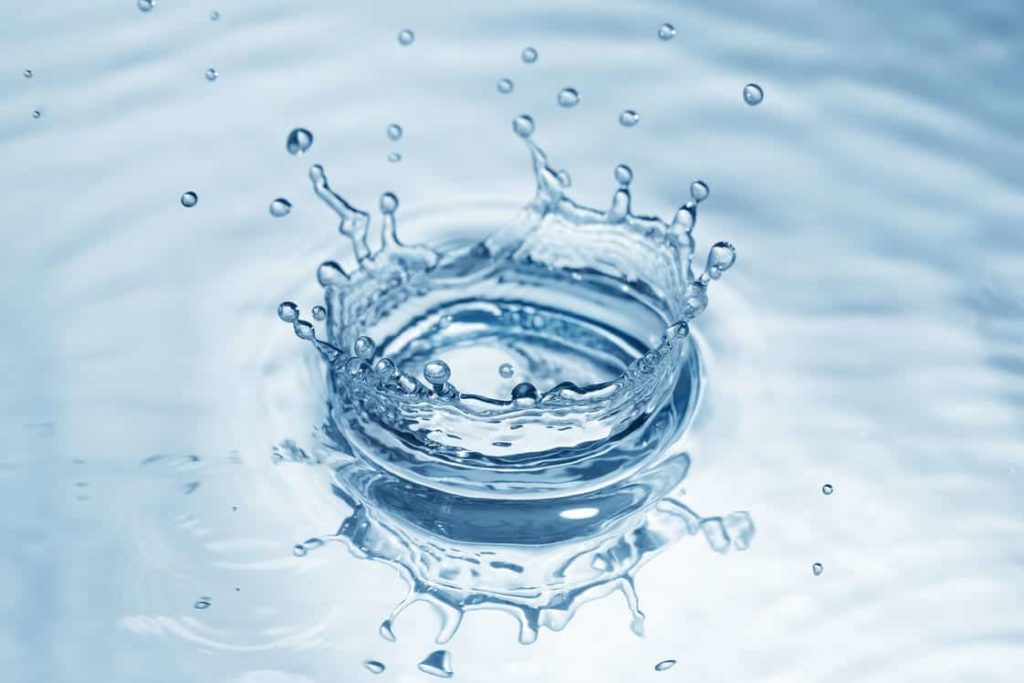When we talk about addiction, we have a tendency to focus on substances, habits, and tangible things. We talk about alcohol addiction, opioid addiction, gambling addiction, sex addiction, meth addiction. And when we do that, almost every time, we are putting greater focus on the first word. Alcohol addiction is about alcohol, opioid addiction is about opioids, and so on. “These are the things that are causing the addiction,” we think. “It’s the fault of this substance or this thing that addiction has gripped me or my loved one.” That’s true to an extent, but it doesn’t really tell the whole story. In reality, the real monster is the word all those afflictions have in common: Addiction. Addiction may start because of one of those tangible things, but it is a monster all its own. See, addiction is all about Pavlovian call and response. When you become addicted, regardless of the source of the addiction, it’s the result of your brain sending out reward signals in response to a specific action. It could be drinking alcohol, or doing drugs, or having sex, or playing a game. But whatever it may be, something is creating such a strong positive reaction in your brain, you’ve come to understand it as a necessary, normal part of your day that you can’t go without, like food and water. Naturally, alcohol and drugs aren’t important to survival like food and water are. But when you’re addicted, your body will make you believe they are. The desired reaction to this is that you get an addiction assessment to see if you have a problem and how bad it is, then get professional help to overcome it. But it’s not always that simple. Overcoming the catalyst for your addiction doesn’t necessarily mean you’ve overcome addiction.
Meet the New Addiction: Same as the Old Addiction
A common adage is that Alcoholics Anonymous meetings were once absolutely packed with smoke, as people attempting to shift their focus off of alcohol shifted it onto cigarettes. Indeed, the use of cigarettes and coffee among active AA members is far higher than that among the general U.S. population. Now, this isn’t in any way a knock against AA as an organization, which helps millions of people overcome alcoholism. In fact, AA has now moved to non-smoking meetings for a majority of its gatherings. But this anecdote should cause us to reconsider the way we look at addiction. If you’ve stopped drinking, but now need a pack of cigarettes and six cups of coffee to get through the day, have you really beaten addiction? Maybe you’ve beaten alcoholism, but addiction is still alive and well. Truly beating addiction means you’re not dependent on anything to get you through the day. You don’t need drugs, or alcohol, or cigarettes, or any other non-essential activity or substance. So trading one addiction for another may be a step in the right direction – especially if you’ve traded an extremely harmful substance like alcohol for a less-harmful one like coffee. But there is still work to be done. Now, why is it that one addiction can shift so easily into another? This all has to do with the cycle of addiction itself. As we discussed before, addiction is all about finding something that triggers the reward center of your brain. Even if you’ve managed to eliminate the substance or process that caused that to trigger in the first place, there’s still a void there. It is simple enough for your brain, still working under the pretense of addiction, to simply substitute one thing for another and then say, “okay, this is what triggers us now.” This is why the “addiction” part is so much more important than what comes before it. Addiction can very easily persist, even when the word preceding it (alcohol, drug, gambling) is removed from your life. 
Substance Addictions for Process Addictions: Addicted to Actions
Process addictions can be difficult to understand as working on the same level on substance addiction. It’s easier for most people to understand the concept of “the drugs took control and I wasn’t in my right mind.” With process addictions, a substance doesn’t even have to be involved. But the brain and body still get addicted to that shot of dopamine it gets when you do what it wants. And these process addictions can wreak just as much havoc on life as any form of substance abuse. Like alcoholism, process addictions are usually based on things that aren’t bad – they can even be healthy – if done in moderation. Sex is both healthy and necessary, gambling can be a perfectly fun way to spend some time, and video games are shown to improve critical thinking skills and motor functions. Where these things become problems is when they move out of moderated use and into obsessive or compulsive use. It’s at this point that they start affecting your ability to exist normally without regular overindulgence in these activities. And that is much more likely to happen in someone who is already predisposed to addiction. This is why addiction is so destructive. Someone who is struggling to overcome an alcohol addiction may well be able to stop drinking. But they may do that with compulsive gambling, or uncontrollable shopping. Something else is going to fill that void if you only solve the “alcohol” part of alcohol addiction. Some of the more common process addictions people fall into include:
- gambling
- eating (especially unhealthy junk foods)
- tanning
- exercising
- gaming
- spending/shopping
- sex
- internet surfing
- work
Again, these aren’t bad things in moderation. Many of them are absolutely necessary for a healthy life. But when they become catalysts of addiction, they become harmful. 
How Opioids Become Interchangeable Addictions
Opioids are some of the most addictive substances available, and there is a clear connection between one opioid addiction and another. Prescription painkillers and illicit opioids (heroin) are a growing epidemic that results in a growing number of deaths each year. And one of the biggest problems with these opioids is that they can be used almost interchangeably. Many people get their first experience with opioids from perfectly legal prescription drugs. Opioids are very effective painkillers, but they are also highly addictive. Even when opioid usage is completely legal, prescribed, and done as directed, it can still cause addiction. This can lead people to desperately seek refills on their pain medication, but that only takes people so far. Opioid pain medications are difficult to obtain and particularly expensive. At a certain point, most of those who fall to opioid painkiller addiction find their source drying up. You might think of this as a good thing. With the source of addiction drying up, the addiction itself will go in turn, right? Of course not. Addiction doesn’t work that way. The desperation caused by withdrawals and the need to fill that void will be filled by something else. And when it comes to opioid painkillers, there is a cheaper, more easily-obtained substance that fills the same void as the painkiller: Heroin. Heroin and prescription painkillers share a lot of common ground. Both are opioids, and so they effectively have the same effect on the brain. Because it’s so much easier to get than prescription pills, heroin ends up becoming an easy substitute for people with painkiller addiction. But unfortunately, this addiction goes even deeper. Even when people go for detox and rehab, they may find themselves simply swapping their painkiller or opioid addiction for yet another addiction. One of the most common opioid medications you’ll find in detox or rehab is a drug called Suboxone. Suboxone helps curb cravings for heroin and prescription painkillers. There’s just one problem: Suboxone is, itself, an opioid. Suboxone doesn’t have the same negative health effects that some other opioids come with, but it’s just as addictive and compulsive as any other substance. Suboxone may even require detox to overcome addiction to it, the same as other opioids. It’s a less harmful thing to be addicted to, but it’s still an addiction. 
Overcoming Addiction – Not Just Substances or Behaviors
The only way to overcome addiction is to focus on addiction. The act of overcoming addiction doesn’t have much at all to do with a substance or behavior. You can remove the substance from your life, but that doesn’t fix addiction. Overcoming addiction is neither a simple process nor a fast one. It’s continuous and involves both individual and group therapy. It’s a long-term process about changing the way you think about your life so that you don’t feel dependent on anything to get through your life. Many people who fall victim to addiction never stop fighting it the rest of their lives. They simply learn to manage it and keep themselves away from situations where they may be tempted. However, those who get control of their substance use disorders once are much less likely to fall victim to a replacement addiction. So for now, the best thing to do is take things one step at a time and focus on what you can control. That means if you suffer from substance addiction or abuse, get help now.

